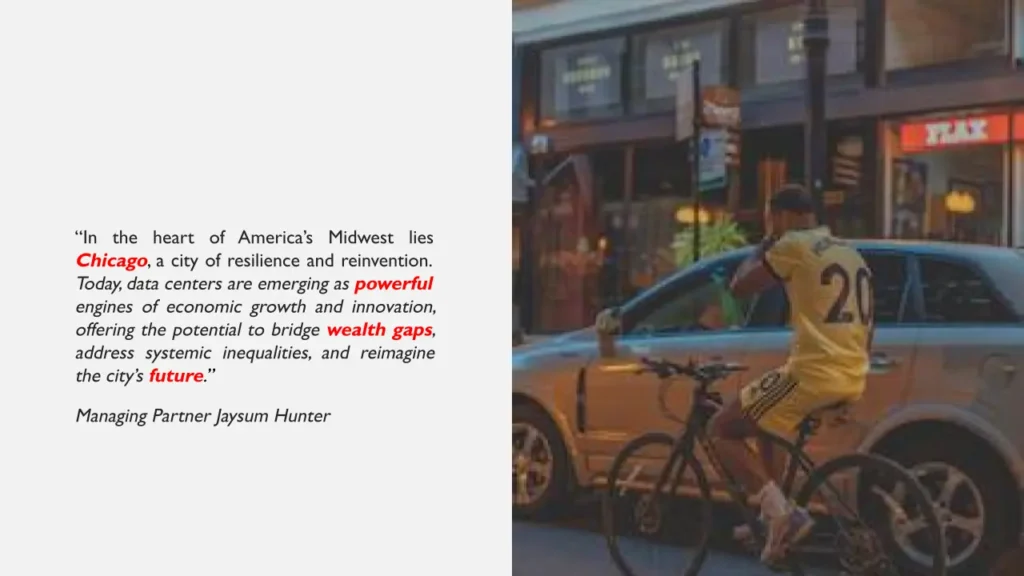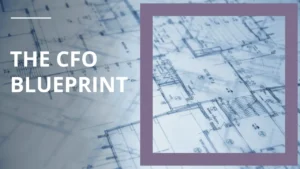
Implications of Implementing Profit First in FP&A
1. Shift from Traditional Budgeting to Behavioral Cash Flow Allocation 2. Increased Emphasis on Bank Account Segmentation 3. Reduced Waste and Leaner Operations 4. Cash-Based


1. Shift from Traditional Budgeting to Behavioral Cash Flow Allocation 2. Increased Emphasis on Bank Account Segmentation 3. Reduced Waste and Leaner Operations 4. Cash-Based

Introduction Tariffs. Trade wars. Market selloffs. It’s the kind of macroeconomic chaos that rattles headlines, unsettles investors, and challenges the resolve of every operator trying

Introduction: The Quiet Cost of Clinging to Old Tools For too many mid-sized businesses in retail, manufacturing, and services, the day-to-day still relies on a

The viral fitness guru Ashton Hall never signed a deal with Saratoga—but his morning routine turned a boutique water brand into a national sensation. Here’s

Intro Scaling through M&A isn’t just about buying businesses—it’s about engineering exponential value across people, process, and performance. A Fractional CFO becomes your deal architect

